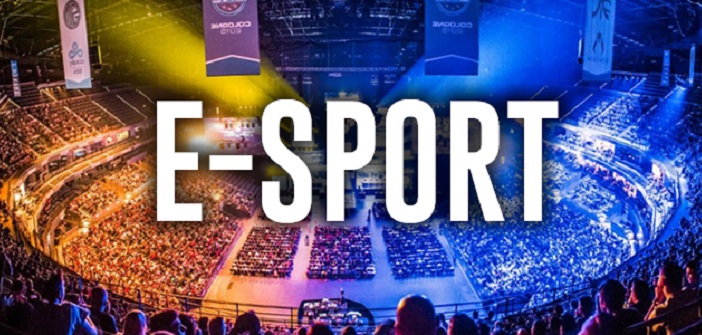A massive cultural phenomenon, eSports, or electronic sports in French, have been experiencing exponential growth for more than a decade across the globe. This growth naturally comes with a professionalization process that affects all professions in the eSports industry.
eSports are booming, but major sports federations and leagues are slow to expand into the eSports scene, where brands are already well-established, often far removed from traditional sports.
Most of them fear that eSports will eventually encroach on their domain, particularly in two key sectors of their economy: sports broadcasting rights and partnerships. eSports already bring together hundreds of millions of players and spectators worldwide.
Young people are massively interested in it, and these federations fear that it will draw them away from competitive sports. This could ultimately challenge economic models. Vincent Chaudel, Sport Business Observatory
However, some federations, like FIFA, embraced eSports early on when the field was still in its infancy. “FIFA organized its FIFA Interactive World Cup as early as 2004, relying on the game developed by EA Sports, allowing players worldwide to participate, with a prize around $26,000,” recalls Jorge Bujia, senior manager at Deloitte in charge of sports.
But they didn’t invest heavily, and now find themselves lagging behind. In 2019, for its FIFA eClub World Cup, which will feature 16 professional eSports clubs, the final prize will only reach $100,000, far from the standards now set by the biggest eSports competitions.
The final of its FIFA eWorld Cup still brought together 29 million views and 322,000 spectators, yet the world’s governing body of football still pales in comparison to the giants of eSports. The final of the Overwatch League attracted 1.23 million simultaneous spectators, and the PUBG Global Invitational competition totaled more than 60 million spectators over the entire event. These numbers are dizzying for traditional sports federations.
The NBA quickly realized the value of entering this type of competition, likely better than the European football scene. eSports are seen as a derivative product, and everyone is gearing up for battle, which is easier to manage with 30 franchises than 200 federations like FIFA.


